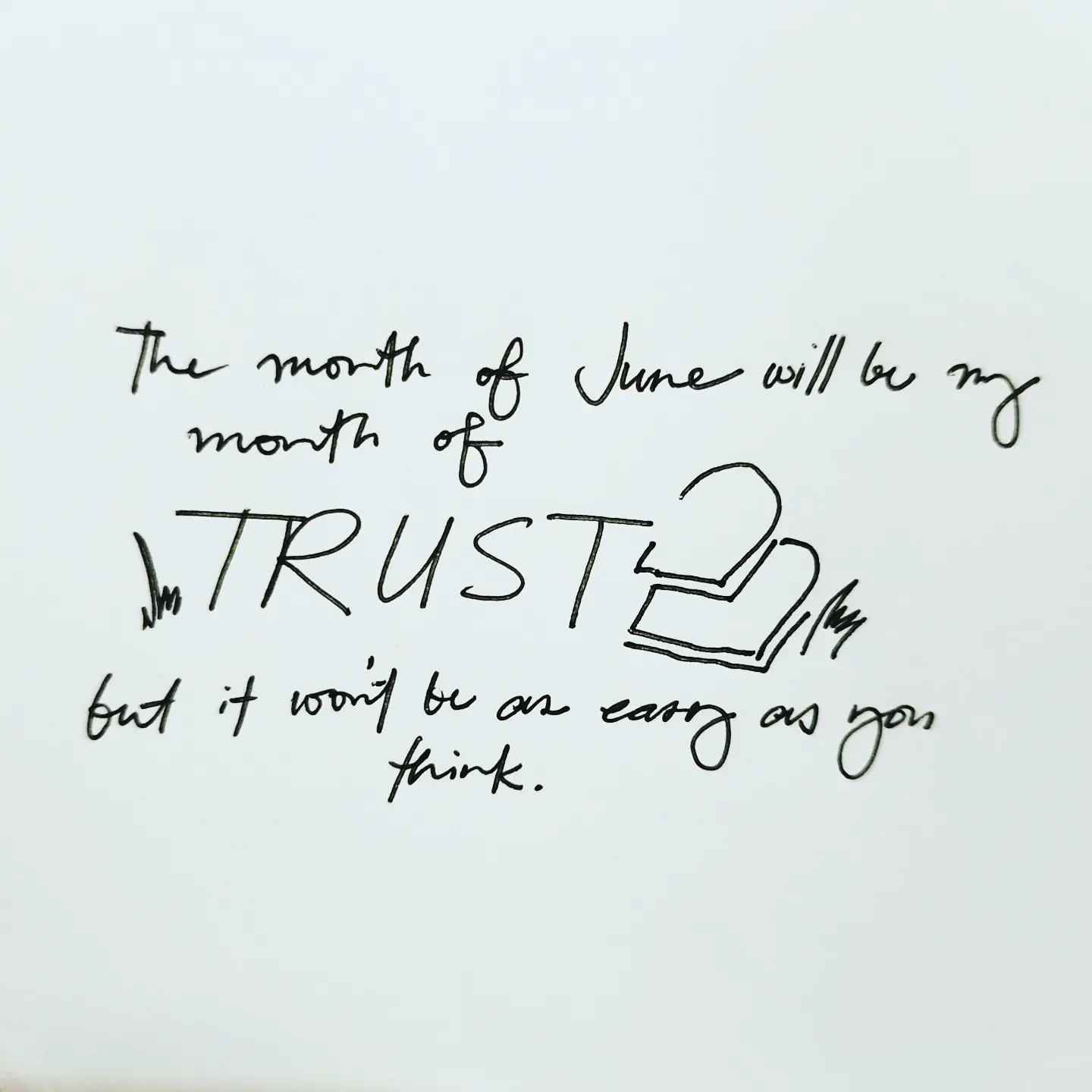I won't make my writeup for this prompt as poetic as my previous ones. Instead, I'll just say it as it is.
When I think about this word, the first thing that comes into mind is the story of Exodus. I know. I know… it’s so Biblical, and so corny, and so cringe of me. But, bear with me though.
You and I both know the story, and if not, here's a recap.
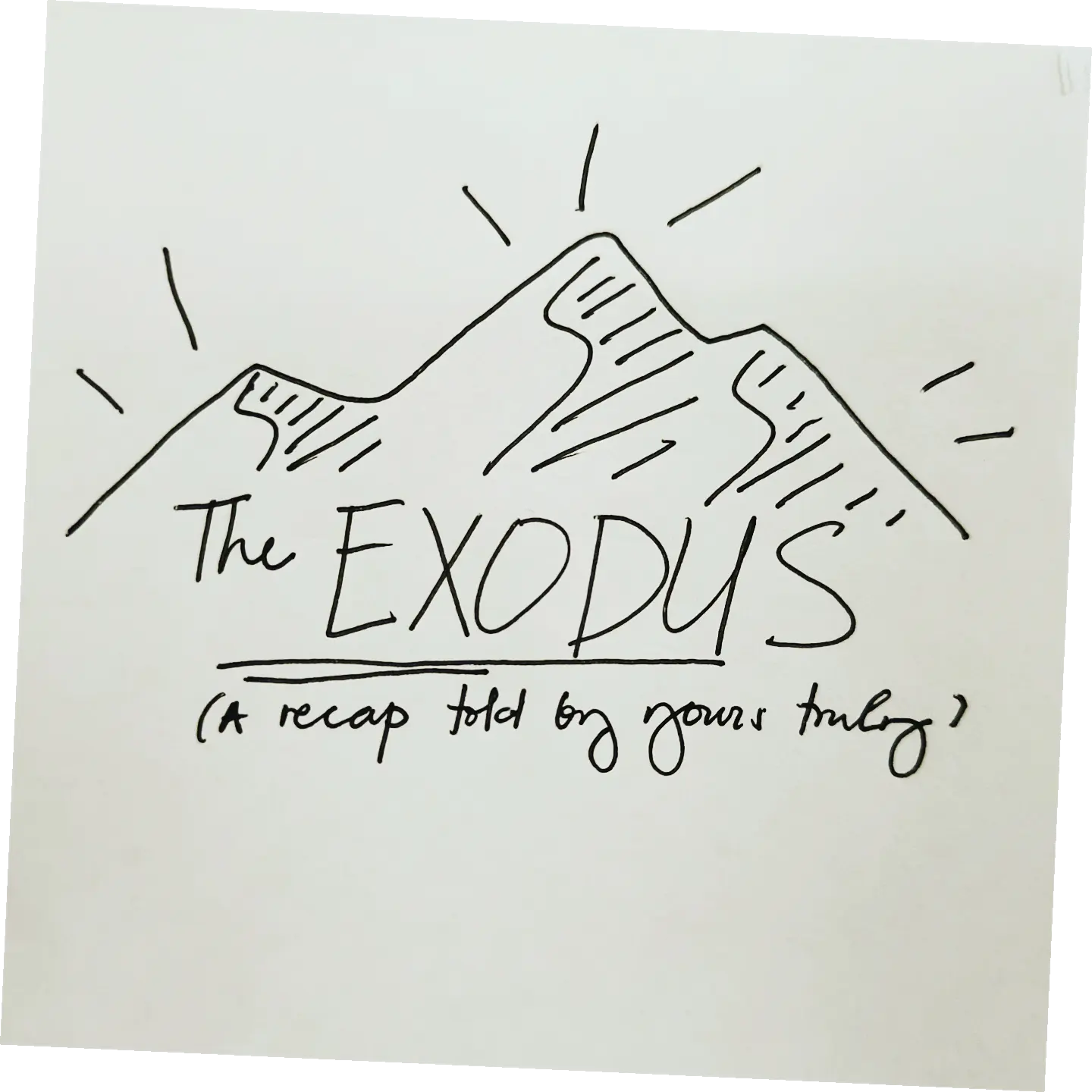
## Exodus.
The freeing of the Israeli slaves from the land of Egypt. Moses, a stowaway adopted son of an Egyptian princess **(Chapter 2)** came back with instructions from a talking burning bush **(Chapter 3)**. It told him to free the Israelites from Egypt. I honestly could see him being the laughing stock in the Pharaoh's court with this wild story of his.
But we all know how the story goes. A staff-turned-to-serpent stand-off against the Pharaoh's magicians **(Chapter 4)**, and ten (very painful) plagues later **(Chapters 7-12)**, culminated by the death of Pharaoh's first born, Moses got to free the Israelites (Yey!).
Pharoah in all his blind rage thought it would be a good idea to commit genocide on the Israelites. Sadly, he couldn't get past the laws of physics being breached, as the Red Sea was parted into two, and allowed the Israelites to pass through **(Chapter 14)**.
Our boy Pharaoh should have just taken it as a sign to turn away and run the other direction. You know, move on. Grieve. Go to therapy, or anything equivalent during their time. Something like that.
One celebratory note and a couple of confusing days later, Moses hiked up a mountain to take a blueprint of instructions from God on the quality of living that the Chosen people should emulate— all in the form of the 10 commandments, and the Laws of Moses **(Chapter 19-31)**.
Apparently, the Israelites had other plans. Out of confusion, impatience (and boredom) on what happened to the man who freed them, they instead built a golden calf from the loot they had taken from Egypt **(Chapter 32)**.
Moses, shookt, and in all his blind rage (it’s a recurring theme throughout the rest of the Exodus), broke the tablets he and God had been collaborating up in Mt. Sinai.
This whole ordeal didn’t just end there.
There were many instances during the journeying of the Israelites where they would complain at the slightest inconvenience: when things didn’t go their way (This is very familiar), or when they were too impatient to wait on the God (This actually sounds like me. Wow.) who freed them.
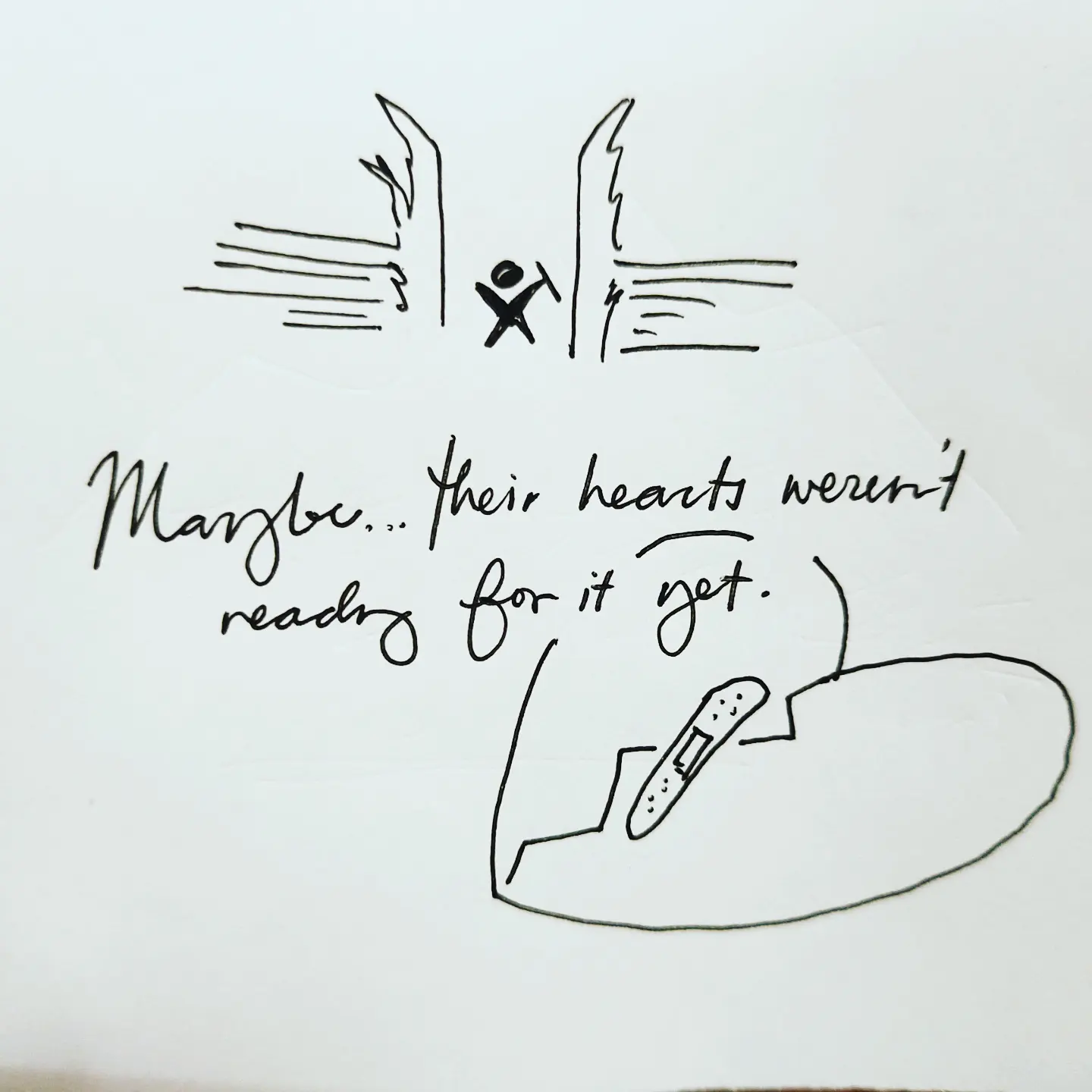
This all happened, in spite of witnessing: the parting of the Red Sea **(Chapter 14)**, the manna on the ground, the quails and bread **(Chapter 16)**, the water in the rock **(Chapter 17)**, the pillar of fire, the healing of the bronze serpent, or the signs and wonders that happened even prior that: being protected from the ten plagues, the turning of the staff into a serpent etc.
Despite being witnesses to all these, and all these done to free them from Egypt, they choose instead to oversee all these miraculous things because of the inconveniences they felt while journeying through the wilderness. And you know what?
They kept paying for the consequences of their misguided actions on a regular basis. That cycle kept happening again and again in their soiree with the God of the Universe in the wilderness for 40 long years. Canaan shouldn’t actually take a month’s journey from Egypt, so it makes you wonder why it took the Israelites that long to reach the land that was promised to them.
Maybe because, their hearts weren’t ready for it.
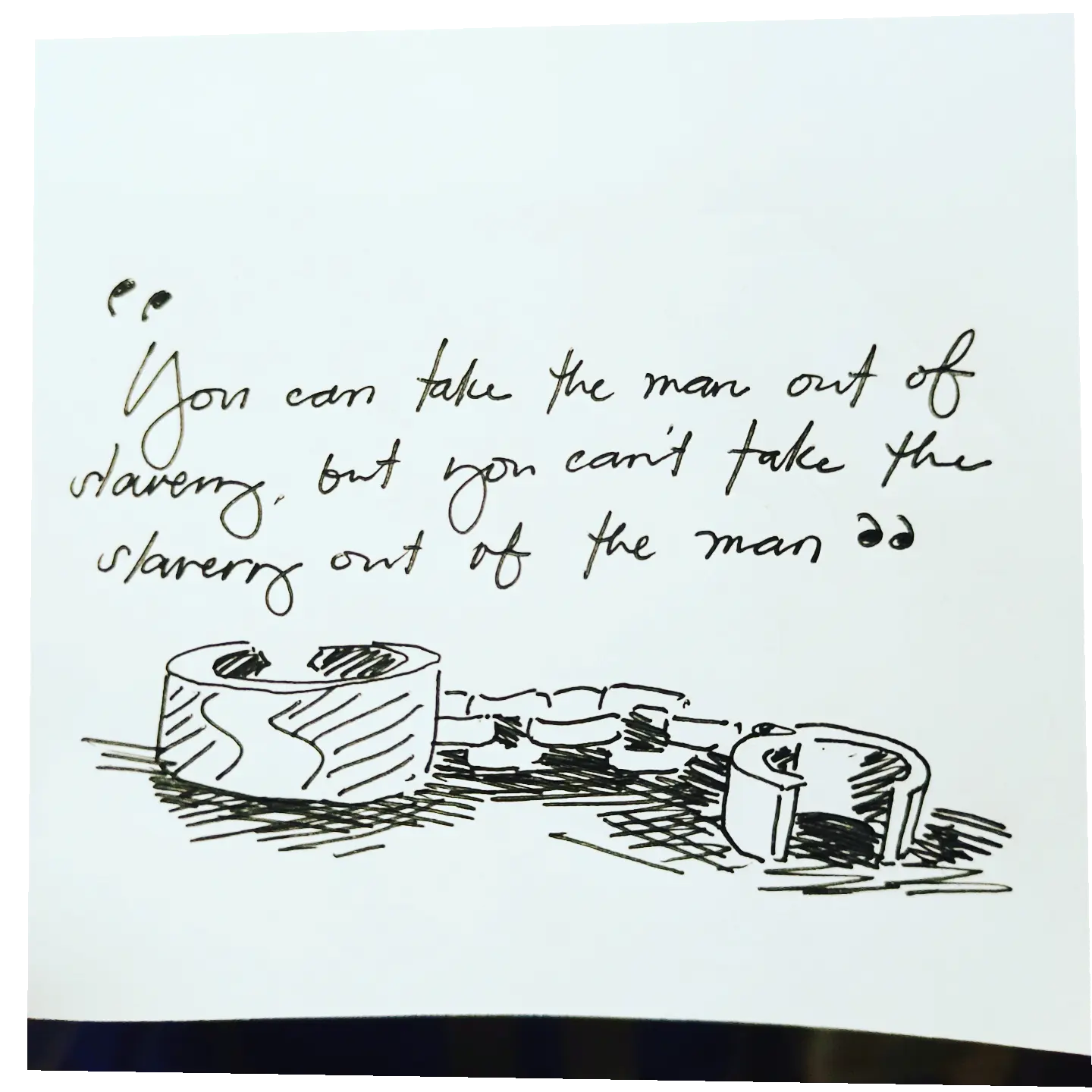
***
“You can take the man out of slavery, but you can’t take the slavery out of the man.”
***
I could imagine being in the sandals of the same people whose backs pulled mountains and moved pyramids.
And this random, uncharismatic guy named Moses (who wasn't necessarily a promising knight in shining armor with an army behind his back) appeared out of nowhere, arrives with his brother in the King's court, as per the instructions of a talking burning bush, to vie for the Israelites' freedom.
If it makes things any worse, he used to be one of them.
Imagine the contempt. The distrust. They probably thought Moses was a lunatic after hearing the burning bush story.
***"This is the guy who is going to buy our freedom? Lol"***
But you know what I realized?
Maybe for the Israelites, freedom was way too scary.
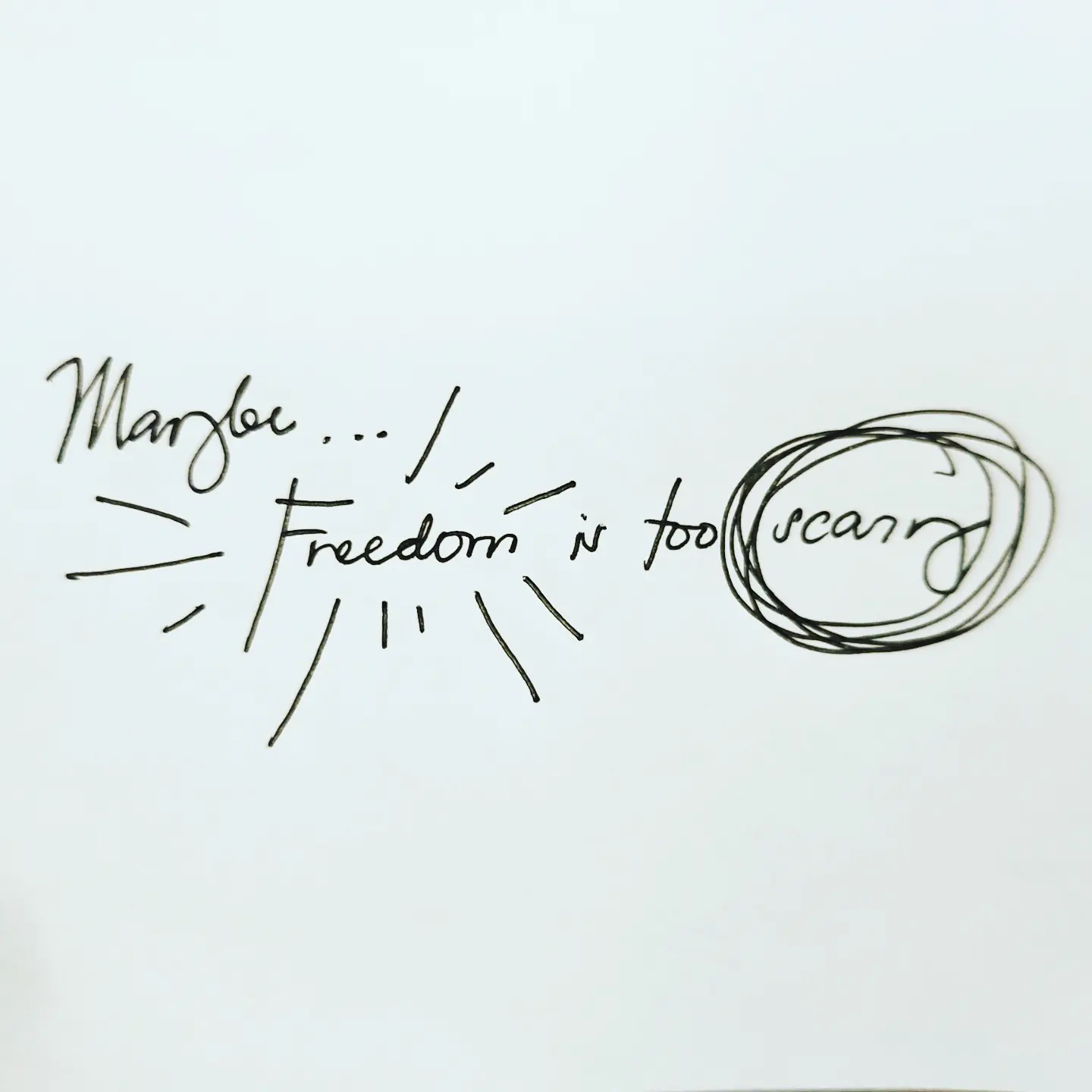
Maybe for the Israelites, freedom held way too much uncertainty, because it wasn't familiar.
Maybe for the Israelites, they were way too jaded and too accustomed to a life of survival, that they didn't know how to operate on abundance.
Slavery was all the life that they've ever known. They were comfortable with the predictable. But in the wilderness, there they were-- in the middle of who knows where, with little visible resources, with a God they can’t see, and a man with anger issues who is supposedly leading them.
***
"Why couldn't you just let us die back in Egypt? At least in Egypt, we had food!"
*** (Exodus 16:3)
To say this, is to say that they would rather go back to being slaves, instead of being on the path to freedom, and learning how to walk like free people. Free from fear. Free from the things that enslaved them. Free from the notion of scarcity, anxiety, hopelessness, and being at the tip of the whip of powerful people who built kingdoms at the expense of their loved ones’ lives.
The 10 commandments and all the laws of Moses was a baby manual on how a free person looks like, walks like, talks like: not driven by fear, not driven by scarcity, not driven by pride, but abundance, peace, hope, and love.
The tug of war on the steering wheel during the Israelite’s time in the wilderness, didn’t stop at the wilderness, but it’s still ongoing even in the 21st century— a period where we are supposedly at the apex of abundance and quality of living. Yet people of today still feel the need to lose their sanity over every little thing. People of today are still compelled to cheat on each other, and lie to each other, and compete to survive. I know this, because I still see these tendencies in myself.
The over-glorification of the hustle culture, and our wayward concept of being strong and independent.
The people-pleasing, or the need to earn and work for belongingness, affection, or attention.
The hyper-attachment to what’s predictable, and the need to always have a sense of control.
But then again, it made me ask the question: *what if* the Israelites fully trusted the Lord in the first place? What if they just gave up the driver's wheel and relaxed? (Yes. I know. It’s quite ironic, coming from me.)
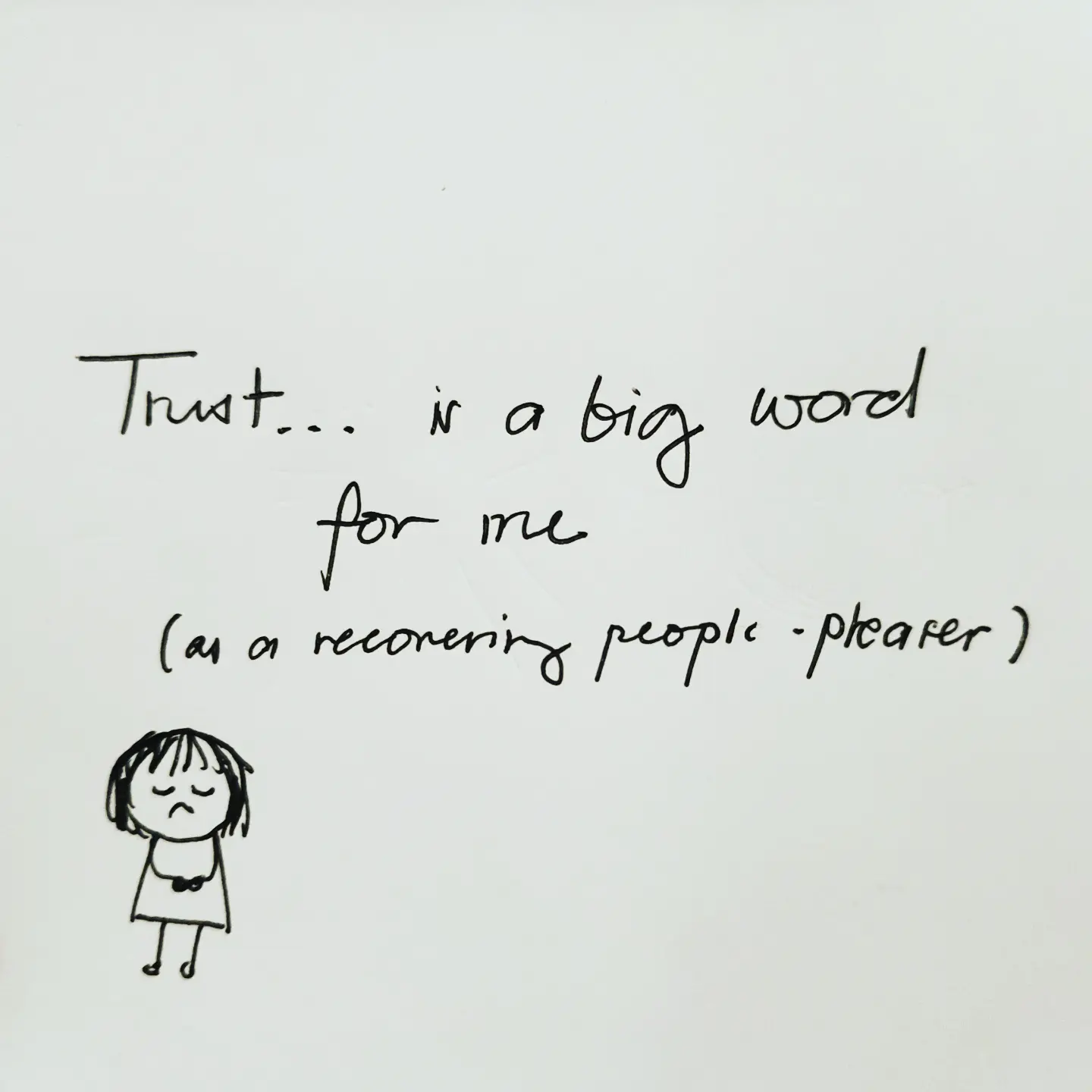
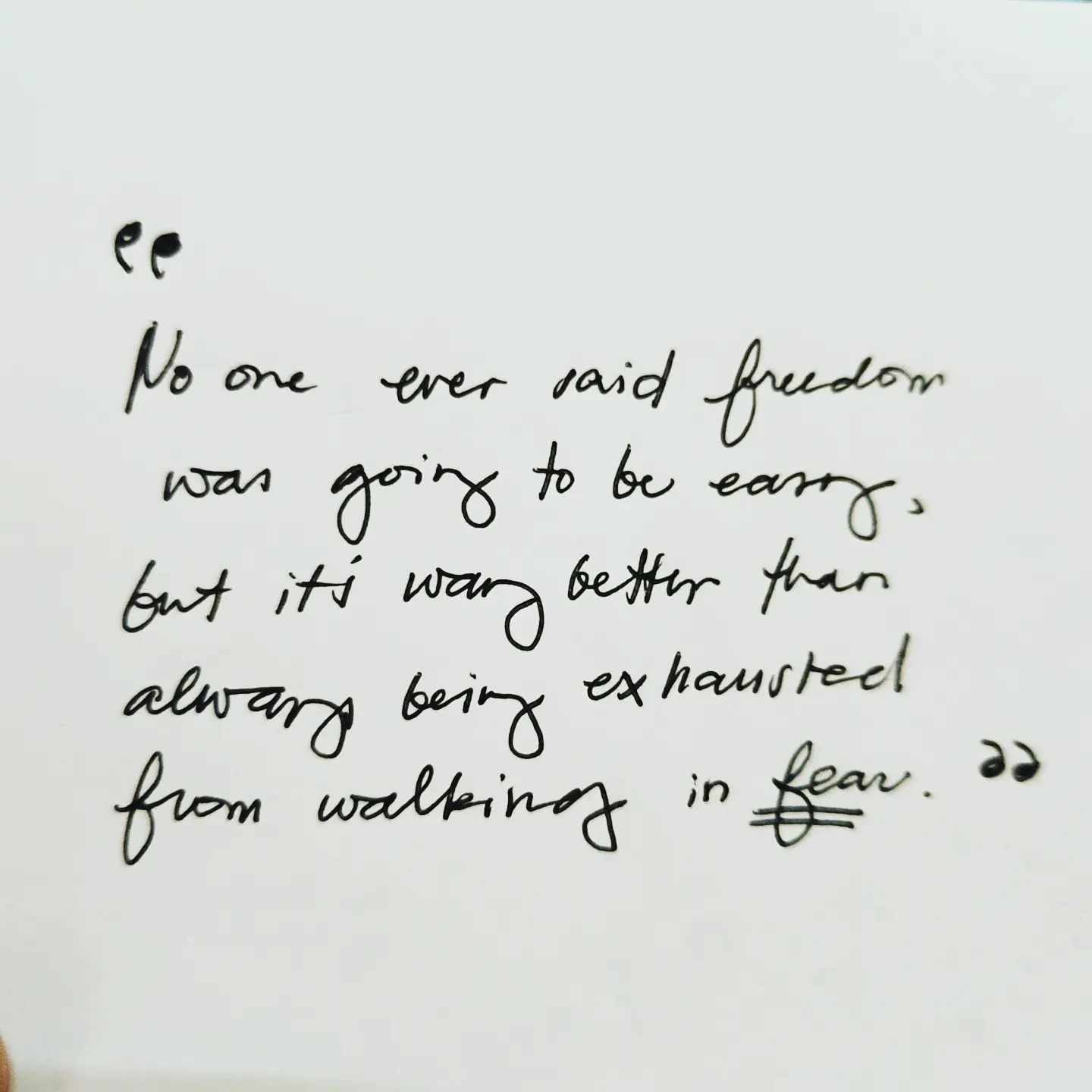
If that happened, then maybe the original generation of Israelites who were freed from Egypt would have lived to take the first steps into the land flowing with milk and honey. Even Moses grew tired of the whole ordeal, being the sandwiched person between God and the Israelites. As chosen as he was, he never got to step foot on the Promised Land.
On my end, I was never a chill person. Maybe it was because I was raised by anxious people growing up, and partly because of the responsibilities tied to my birthright. I was taught on how there was a lot at stake, and until now, I admit there still are. There are times I feel and act like the grumbling Israelites, but I am unlearning, learning, and relearning to do things differently.
##
Trust… is a big word.
No one ever said freedom was going to be easy, but it’s way better than always being exhausted from walking in fear.
So here's to you Roxanne Marie, and everyone else on this journey with you. 🥲🌻

